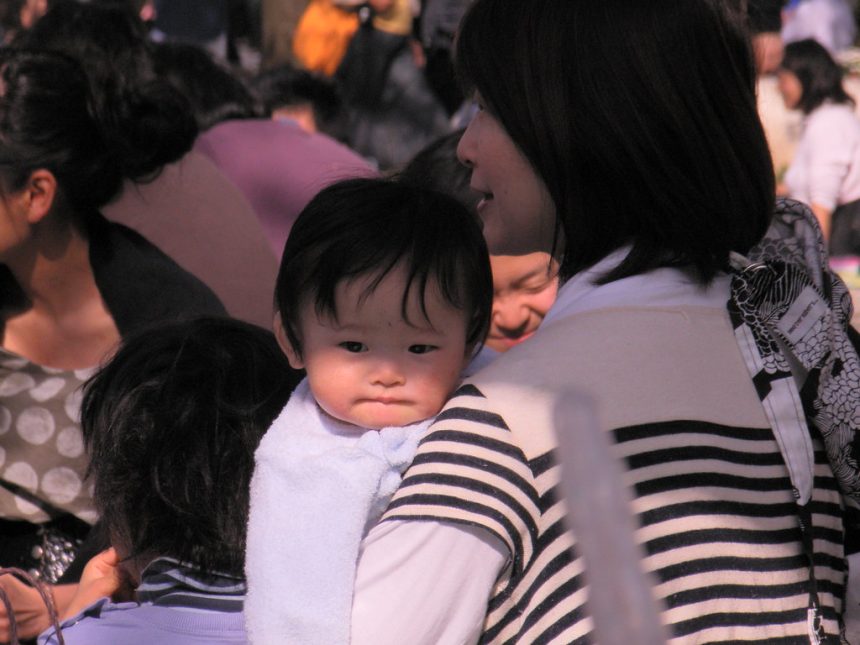Japan has implemented new regulations to address the growing trend of unconventional baby names, known as “kirakira” names, which have become increasingly popular among parents seeking unique identities for their children. These names often involve creative or non-traditional readings of kanji characters, leading to confusion in official documents and public interactions.
The Rise of “Kirakira” Names
The term “kirakira” translates to “sparkly” or “glittery” and refers to names that are flashy or unconventional. Examples include names like Pikachu (from Pokémon), Naiki (reminiscent of the brand Nike), and Pū (after Winnie-the-Pooh). While these names reflect a desire for individuality, they have raised concerns regarding their practicality and potential for causing embarrassment or confusion.
Implementation of the New Rules
Under the revised Family Register Act, parents are now required to specify the phonetic reading of kanji characters when registering their child’s name. Only officially recognized readings will be accepted, and names deemed to have unconventional or confusing pronunciations may be rejected. This measure aims to standardize name registrations and reduce administrative challenges.
Impact on Parents and Children
The new regulations are expected to impact parents who have chosen unique names for their children. In some cases, parents may be asked to justify their choice of name, and if deemed inappropriate, they may be required to select an alternative. This has sparked debates about the balance between parental freedom and societal norms.
Broader Implications
While the primary goal of the new rules is to streamline administrative processes, they also reflect broader societal concerns about the implications of unconventional naming practices. The move has prompted discussions about cultural identity, individual expression, and the role of government in regulating personal choices.











